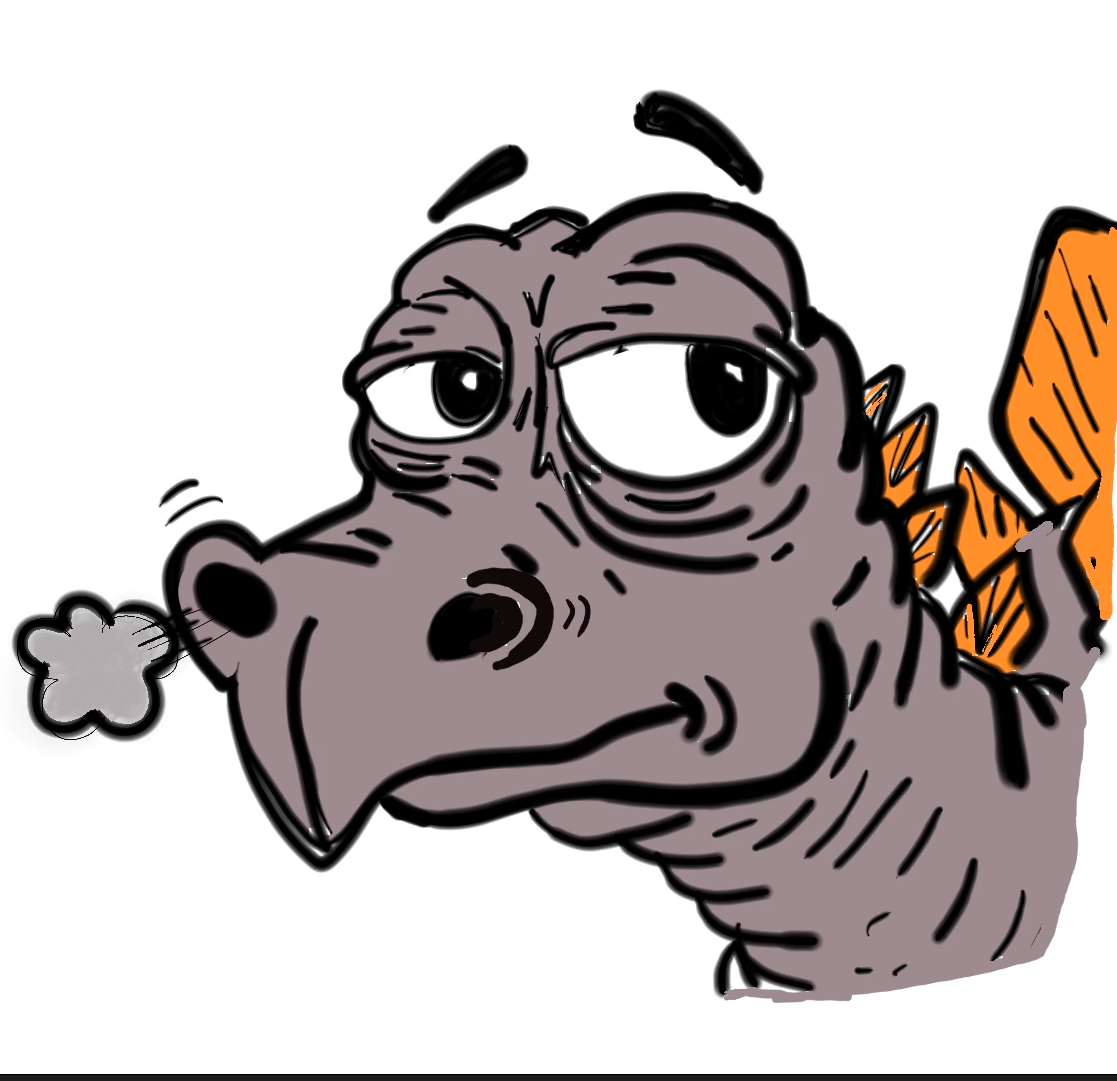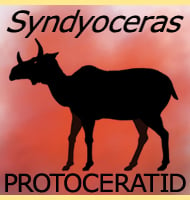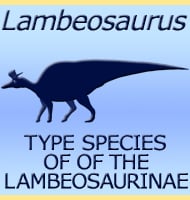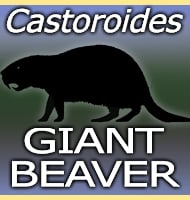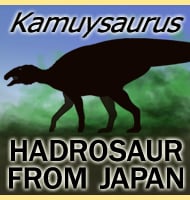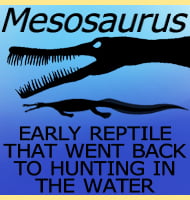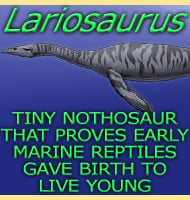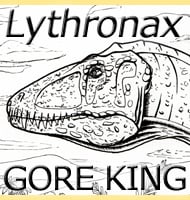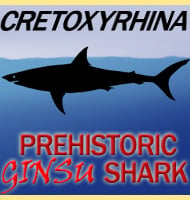In Depth
The discovery of Asfaltovenator was a very exciting discovery, as this was some of the best allosauroid dinosaur fossil remains discovered in South America. At the time of the genus description quite a lot was already known about the large theropod dinosaur fauna of Cretaceous South America, but possible ancestral forms of these were severely lacking. The discovery of an allosauroid theropod dinosaur like Asfaltovenator in the mid/late Jurassic goes a significant way towards filling this gap, and in a way that would be expected. This is not to say however that Asfaltovenator was the ancestor to some of the later South American predatory dinosaurs, the genus simply represents what we would expect these forms to look like.
As an allosauroid dinosaur Asfaltovenator would have had a passing resemblance to the famous Allosaurus, though it is important to note that Asfaltovenator was more primitive in its development. Still, with the hips, tail and most of the legs unknown at the time of its description, we can at least use the Allosaurus genus as a very rough stand in for the missing parts. This clarifies that Asfaltovenator was certainly a large predator.
Other predatory dinosaurs from the same formation as Asfaltovenator include Piatnitzkysaurus and Eoabelisaurus, while possible prey dinosaurs could be the ornithopod Manidens, or the sauropods Patagosaurus and Volkheimeria.
Further Reading
- Probable basal allosauroid from the early Middle Jurassic Ca�ad�n Asfalto Formation of Argentina highlights phylogenetic uncertainty in tetanuran theropod dinosaurs. - Scientific Reports 9:18826. - O.W.M. Rauhut & D. Pol - 2019.
